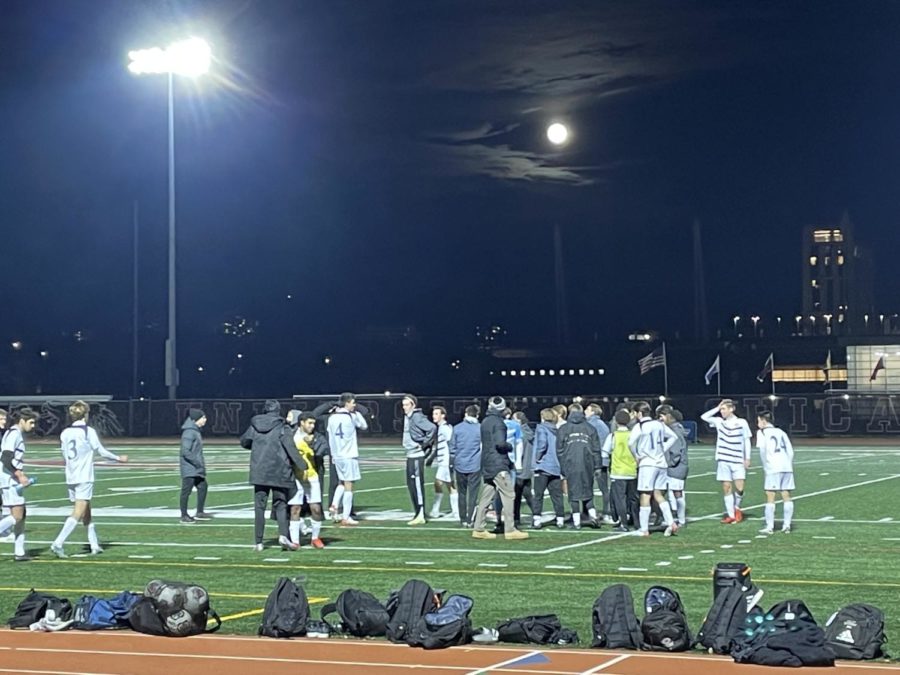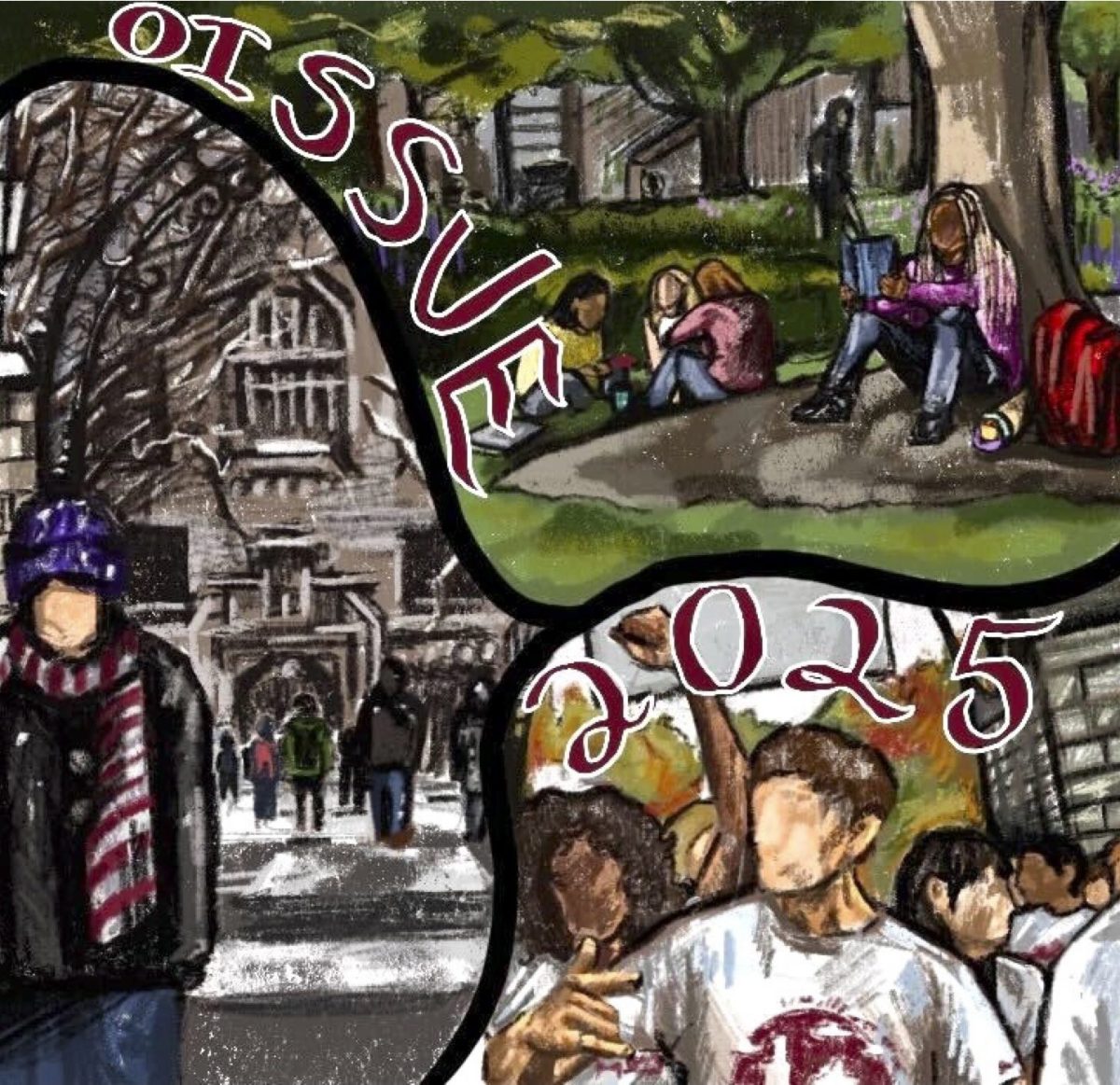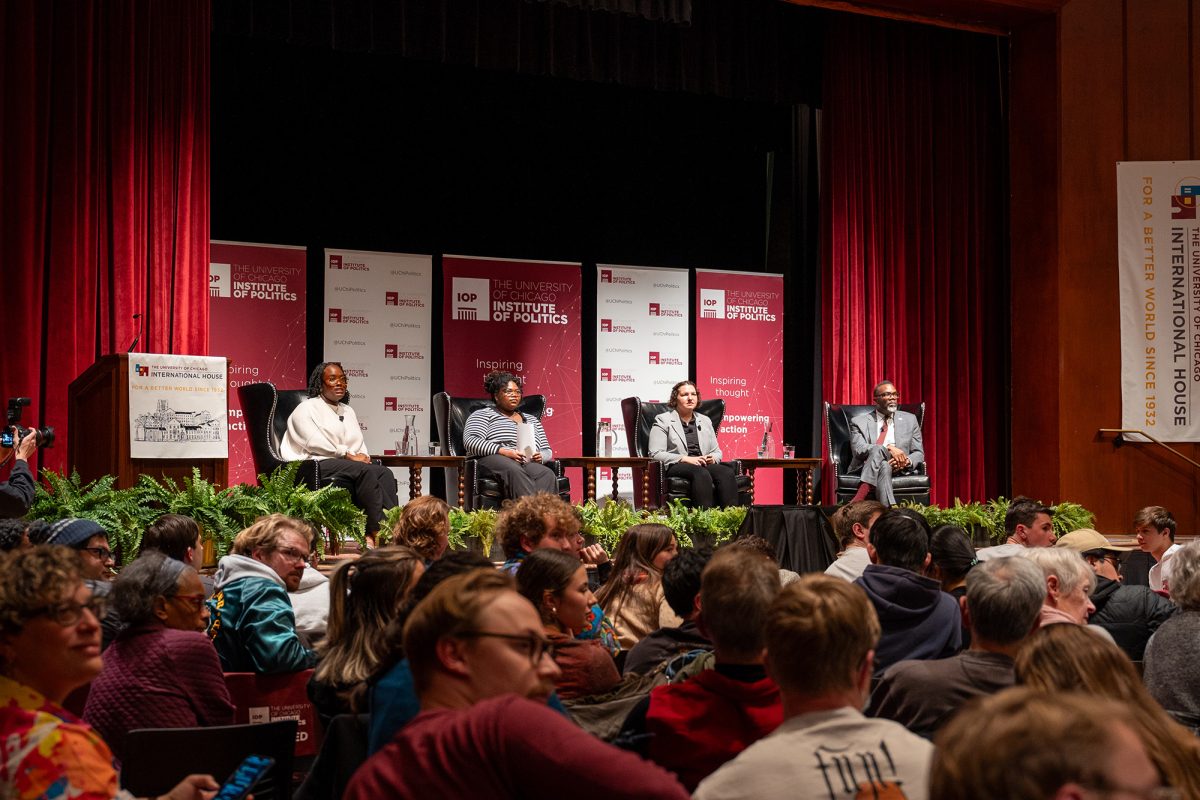Tell me, O Phoenix, of the student of many devices, who wandered full many ways after they had sacked the sacred citadel of the Common Application. Many were the universities whose campuses they saw and whose essay prompts they learned, aye, and many the woes they suffered in their heart upon the wait leading up to Decision Day, seeking to win their own spot in UChicago’s newest class and the return of their sanity.
Odyssey Scholars and low-income-identifying students alike, congratulations on embarking on your own version of a centuries-old epic: journeying through the twists and turns of your first year at UChicago.
While I certainly hope you haven’t been held captive by a lonely nymph for seven years prior to stepping foot on campus (though I’m sure many of us would liken high school to Ogygia…), nor would describe yourself as a war-displaced hero presumed dead by those who love you, you may still be curious to know what the voyage ahead holds. Is arriving at UChicago the end of your quest, or the beginning of another? Do you have to fight a band of suitors and reinstate your rightful place as ruler of Ithaca to get a date? (Spoiler: no bloodshed, but it can definitely feel that difficult.) Did you even read The Odyssey in high school?
As a low-income Odyssey Scholar at UChicago, I’ve faced my fair share of shark-toothed Scyllas and thrashing Charybdises. While I wrote an entirely separate column on my own experience as a FGLI first-year last spring, I’ve found a lot of joy in “paying it forward” and helping the next class of high-achieving low-income students survive—and, eventually, thrive!—at UChicago. For this column, I’ve also reached out to—and compiled advice from—UChicago’s low-income-identifying communities on campus so that the suggestions shared aren’t solely reflective of my own experience.
BOOK I: The Practical Things
Before diving into heavier topics pertaining to income, discussions of wealth on campus, and the idea of “taking up space,” I would strongly encourage both FGLI and non-FGLI students to familiarize themselves with the heavily discounted personal and professional development opportunities UChicago offers all students. Odysseus, after all, would’ve likely never made it home to Ithaca were it not for his galley and his crew; acquainting yourself with the resources UChicago offers its students might better equip you to navigate your own odyssey.
After spending a summer interning in and exploring Chicago, I’m mortified by how little I used my ArtsPass during my first year. While you’ve probably heard about this perk as a small aside in an admissions session from days past, having free and discounted admission to arts and culture exhibitions, performances, and events is something nobody should pass up. Ranging from the on-campus Smart Museum and Court Theater to the countless museums, orchestras, and studios across Hyde Park and Chicago, your ArtsPass is simply a great way to escape the books.
On the more professional side of things, get familiar with the Career Advancement website. Specialized career cohorts, week-long career treks, and the Odyssey Summer Match Program are just a handful of ways UChicago is committed to helping students of any background achieve their professional goals. That said, you need to stay on top of deadlines, and I would advise you all not to wait for your advisors to tell you when things are due—the initiative is rightfully on you! Career Advancement’s programming is as helpful as you let it be; the more you put in, the more you get out. I was a part of the Us in STEM Cohort my first year and was matched to my current lab through the Odyssey Summer Match Program; both of these opportunities helped me land my upcoming research position with Snap Inc. There’s also free resume drop and cover letter drop services alike, for those just starting out!
(Psst. Finally, some RSOs start holding meetings week two and more often than not have free food and merch for all attendees.)
BOOK II: How Income Emerges on Campus
In a sense, this topic was really the inciting topic that inspired me to write this column and is most likely one of the more nerve-wracking stressors for incoming FGLI students. Given how viscerally uncomfortable people generally are when talking about money, you may find some solace in me saying that I’ve never personally been victimized, or even been given one of those looks, for being a low-income student. Rest assured, we’re pretty past Disney Channel-esque bullying over what clothes you can or cannot wear, where your parents do or do not work, and so on.
However, the most jarring series of encounters I experienced were those in which income manifests in casual, implicit conversation and socialization alike. It’s important for me to emphasize that the problem isn’t unique to UChicago by any means—you can find a plethora of columns on this single topic from the newspapers of campuses across the nation—but, for low-income folks, familiarity really does breed contempt regarding this issue. Your socioeconomic background will impact your ability to socialize.
But to what extent? I guess the best way to illustrate it is by way of example. Every time I have a conversation with my family about being first-generation medicine, I think back to when a peer in Advanced Biology turned to me, shrugged, and said, “This P-set isn’t too bad—I have twenty-six doctors in my family, so I can always call them.”
Every time I’m getting to know a new person, be it in class or at an RSO meeting or at a party, I think back to when a friend told me their parents sent them to UChicago to “have rich friends.”
When your friends are on their third Insomnia Cookies run of the week, you’ll feel it. When your friends are seconds away from calling the next Lyft or Uber downtown, you’ll feel it. When you hear some jokes, you’ll feel it, either as a lump in your throat or as a punch to the gut. But, in the interest of being optimistic, it doesn’t have to; chiefly, you don’t owe anyone an explanation of your finances. As much as I love that one-bathroom stall in Harper, I don’t ask my wealthier friends to cover my coffee, so you shouldn’t feel obligated to explain why you can or cannot spend money on certain things.
BOOK III: On Being Nobody
While there is a time for making speeches and a time for going to bed (or, honestly, a time for staying up to work on that problem set you put off until the last minute), it’s important to understand that you can simultaneously be proud of your FGLI identity and be under no obligation to serve as the spokesperson or mascot of all low-income students. Do not push yourself to prove “your place” on this campus to make-believe men behind the curtain, or to real-life, in-your-face peers whose envy and jealousy will demand you jump through hoops and obstacle courses of their own design.
You were not welcomed to UChicago because you are a low-income student.
You were welcomed to UChicago because you had to work anywhere from twice to ten times as hard as the next person to achieve, to earn, and to create yourself in order to get here. You are meant, more than anyone else, to be here. You are not Nobody. You are a UChicago student. Welcome home, and kalí týchi (good luck)!



















